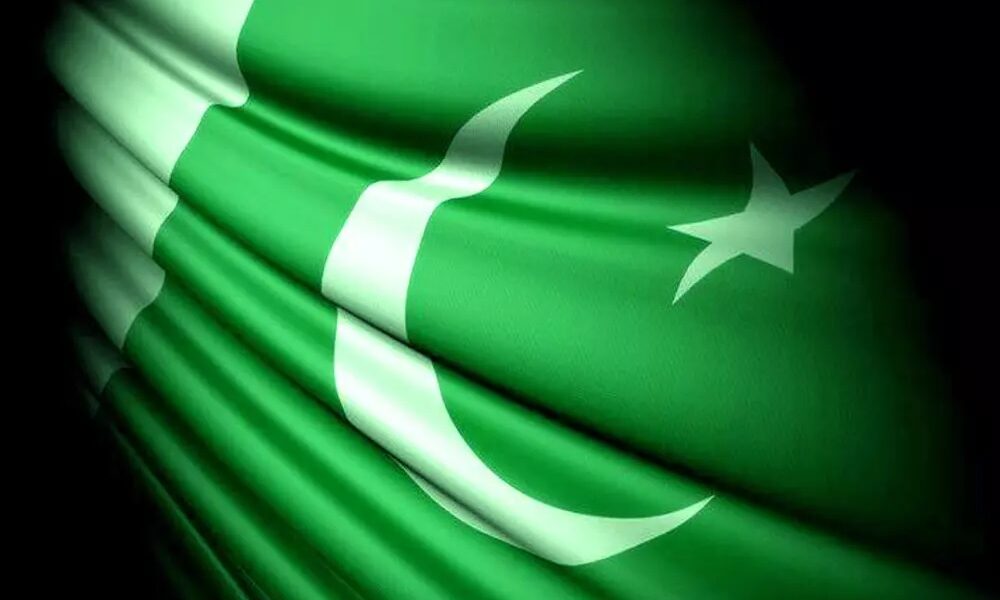Javed Ahmad Beigh, a prominent socio-political activist, has drawn attention to the dire human rights situation faced by Shias in Pakistan, particularly in the illegally occupied region of Gilgit Baltistan, where a significant Shia population resides.
“Many people across Gilgit and Baltistan have been killed. A renowned religious scholar, Agha Baqir Ul Hussain, was arrested on false charges of blasphemy. He was vocal against an amendment to Pakistan’s blasphemy laws that allows the implication of any member of the minority community. Similarly, a young activist was arrested, detained in a central jail, and charged under the National Security Act. This is how the Pakistani regime has been treating minorities for the past 77 years,” Beigh stated.
Citing a Human Rights Watch report, Beigh revealed that as many as 4,000 Shias were killed by Sunni extremists between 1987 and 2000 in the aftermath of an unannounced call by the Pakistani government to suppress Shias.
According to The Muslim Vibe, nearly 23,000 Shias have been murdered in Pakistan since 1963.
Beigh further argued that Shias in Pakistan are being deprived of their fundamental rights and basic facilities, falling far below international standards.
“People lack access to the internet, government facilities, or institutions, and they cannot voice their concerns without being falsely implicated under the notorious blasphemy laws,” he said.
Moreover, a prominent Shia Muslim religious leader, Agha Baqir Ul Hussain from Gilgit Baltistan, was arrested by the police for raising objections to a bill passed in Pakistan’s National Assembly, which is believed to be against the interests of Shias in the region.
This incident is not isolated, as three Shia youths were apprehended by Pakistani security forces in Kharmarg, Gilgit Baltistan, in July 2021, with their whereabouts still unknown.
Similarly, in October 2021, Pakistani army personnel were accused of raping a Shia girl in Astore, Gilgit Baltistan.
These atrocities against Shias are not limited to Gilgit Baltistan; they are widespread across Pakistan. In May 2023, five Shia teachers were killed in Khyber Pakhtunkhwa, and just last year, in March 2022, a bomb blast in Peshawar claimed the lives of 100 Shias.
Earlier, Beigh had made an oral intervention during the ongoing 54th session of the United Nations Human Rights Council (UNHRC).
“While Shias face threats throughout Pakistan, it is crucial to highlight that the restive region of Gilgit Baltistan, a part of Pakistan Occupied Jammu and Kashmir and Pakistan’s only administrative region with a Shia and Ismaili majority, is particularly witnessing anti-Shia violence,” Beigh stated during his UNHRC intervention.


